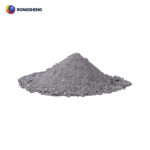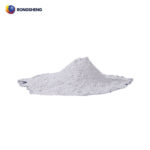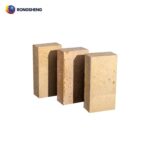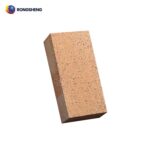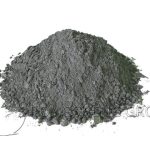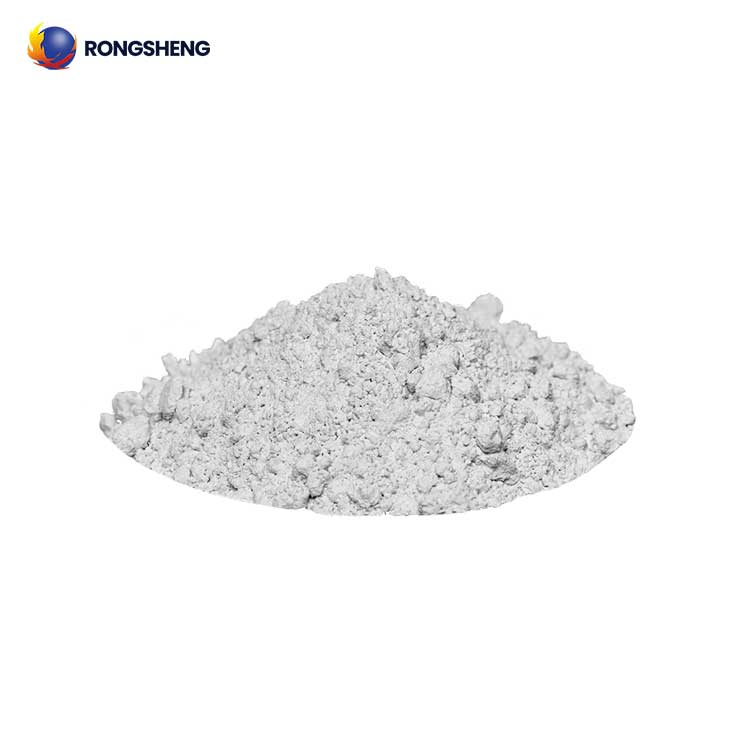
Silica Refractory Mortar
- Low bulk density.
- Low thermal conductivity.
- Save energy consumption.
We are Here to Help!
Email: sales@hy-refractory.com
WhatsApp: +86 185 3831 2977
Silica Refractory Mortar is made of silica powder, silica brick powder, plastic clay, binder, and additives. The main crystal phase of silica powder is β-quartz, which will undergo a crystal transformation during heating and become unstable in volume. Silica brick powder is made by grinding silica bricks or waste silica bricks that have been calcined at high temperatures. Therefore, by reasonably combining silica brick powder and silica powder, the load softening temperature and the linear change rate during the heating process of the Silica Refractory Mortar can be controlled. Thus, the silica mortar that meets the requirements can be obtained.
Binders for Silica Refractory Mortar
The workability and bonding strength of siliceous refractory mud are adjusted by binders and additives. Just like the lime milk, iron scale, lignin sulfonate and other mineralizers and binders used in the production of silica bricks to adjust their workability and physical properties. Chemical binders, such as water glass, phosphate solution, etc., can also be used as binders for Silica Refractory Mortar to improve the bonding strength after firing.
Particle Size Composition of Siliceous Refractory Mud
The particle size range of siliceous materials in siliceous refractory mud is 0~0.5 mm, of which 0.5~0.074 mm accounts for 40%, and less than 0.074 mm accounts for 60%. Now, in order to improve the workability and sintering properties of Silica Refractory Mortar, a small amount of high-purity silicon oxide powder (smoke silicon, SiO2 not less than 98%, particle size less than 1 μm) can also be added.
Application of Silica Refractory Mortar
Silica Refractory Mortar is mainly used for the masonry of hot air stoves, coke oven carbonization chamber glass melting pool and rotating top, etc. The physical and chemical performance requirements vary with the different kilns and masonry parts. For example, the siliceous slurry used in blast furnace hot blast furnace has SiO2 greater than 94%, and the softening temperature under 0.2 MPa load is not less than 1600℃. The SiO2 content of siliceous slurry used in glass kiln is 94% ~ 96%, and the softening temperature under load is 1600~ 1620℃. The SiO2 content of siliceous slurry used in coke oven is 85% ~ 92%, and the softening temperature under load is 1420~ 1500℃. Physical and chemical performance requirements of Silica Refractory Mortar for blast furnace hot blast furnace, coke oven and glass melting furnace.
Physical and Chemical Properties of Silica Refractory Mortar for Kilns
| Items | For Blast Furnace Hot Air Stove | For Coke Oven Carbonization Chamber | For Glass Kiln | |
| Refractoriness ℃ | >1690 | >1670 | >1710 | |
| Cold Flexural Strength MPa | 110℃, 24h | >1.0 | >1.0 | >0.8 |
| 1400℃, 3h | >3.0 | >3.0 | >0.5 | |
| Bond Time min | 1 ~ 2 | 1 ~ 2 | 2 ~ 3 | |
| Particle Size Composition % | +0.5mm | >1 | +1mm<3 | <2 |
| -0.074mm | >60 | >50 | >10 | |
| Chemical Composition % | SiO2 | >94 | >92 | >96 |
| Al2O3 | – | – | <0.6 | |
| Fe2O3 | <1.0 | – | <0.7 | |
| 0.2MPa Load Softening Start Temperature ℃ | >1600 | >1500 | >1620 | |
Rongsheng Refractory Material Manufacturer
Rongsheng Refractory Manufacturer is a powerful manufacturer and seller of refractory materials. Rongsheng’s refractory products have been sold to more than 120 countries around the world, such as South Africa, Chile, Egypt, Colombia, Uzbekistan, Italy, Indonesia, Ukraine, Hungary, Spain, Kenya, Syria, Zambia, Oman, Venezuela, India, Peru, the United States, Ethiopia, etc. Rongsheng Silica Refractory Mortar for Sale. Competitive prices. Rongsheng can customize refractory lining materials according to the actual working conditions of high-temperature industrial furnaces. Including various refractory bricks, refractory mortars, refractory castables, refractory ramming materials, etc. Contact Rongsheng for free samples and quotes.

